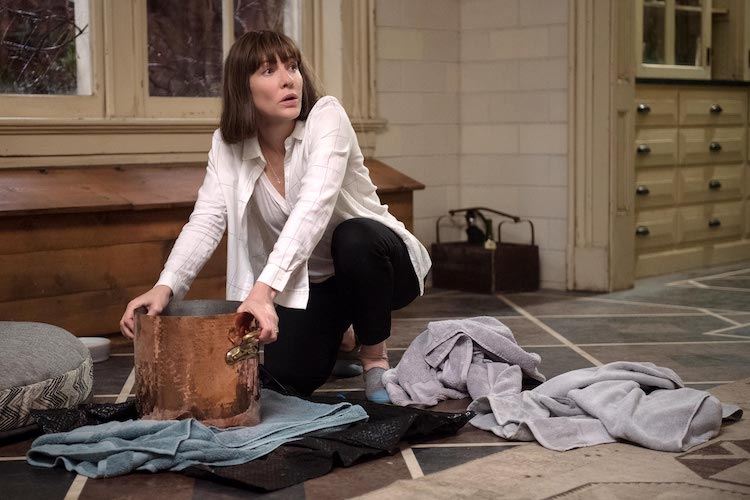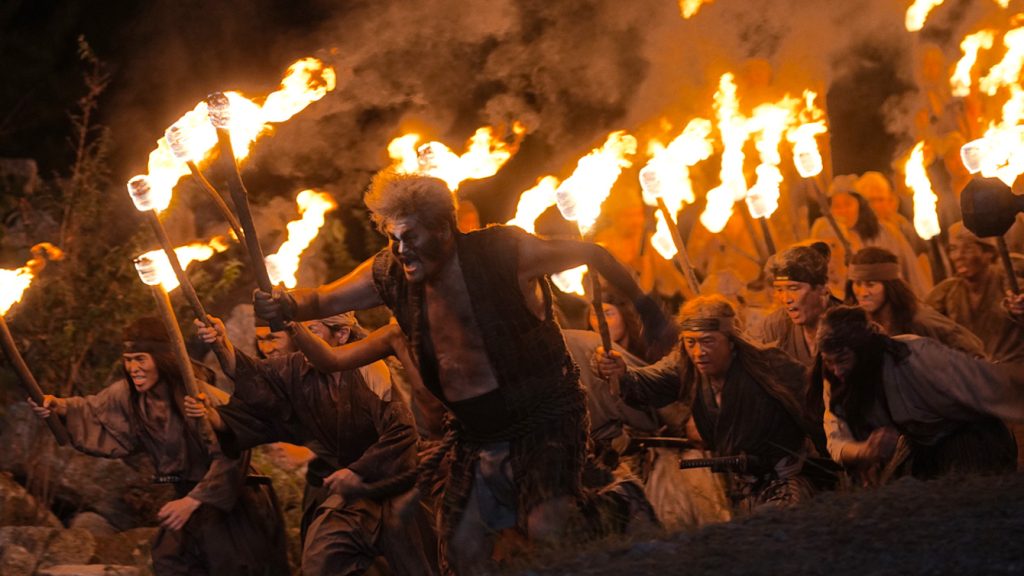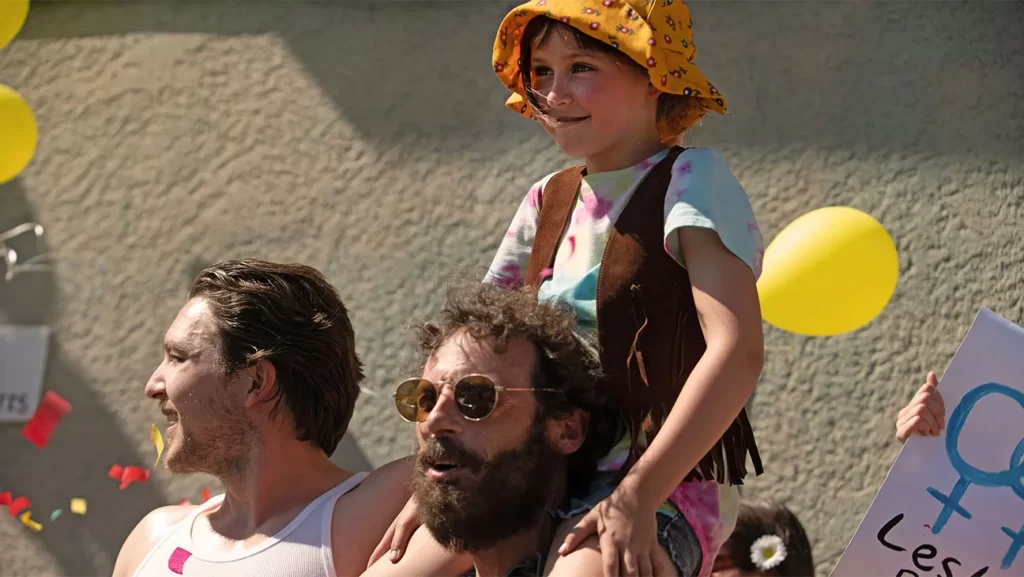Remember Elizabethtown? If not, let me refresh your memory. Back in 2005, Cameron Crowe’s would-be opus was widely panned by critics and audiences alike. I remember finding a lot to like in Crowe’s textured, deeply personal tale of personal discovery in the wake of grief, but it’s also one of the most frustrating, unfocused films I’ve ever paid money to see in theaters. If it seems strange that a pedigreed director and a talented cast could turn in such a shambling final product, well, just know that there had been red flags all along. Production delays led to lead actor Ashton Kutcher being replaced by Orlando Bloom, and the film was rewritten and trimmed down several times — yet it somehow still clocked in at a punishing 123 minutes. Oh, and I didn’t even mention all the ridiculous Nike-lite content.
I say all this to give you a feeling for what you’re in for with Richard Linklater’s similarly delayed, similarly choppy dramedy, Where’d You Go, Bernadette. The red flags here are as follows: Annapurna and Color Force bought the rights to Maria Semple’s bestselling novel in 2013, just a few months after its, and Linklater was brought on to direct in 2015 — yet production didn’t start until 2017. Screenwriters came and went (the script was ultimately written by Linklater, Holly Gent, and Vincent Palmo Jr.), the film’s release date was shuffled around several times, and guess what? Even Cate Blanchett and Billy Crudup can’t save the day. Not when Crudup’s tech-genius character (who works at Microsoft, a fact that is mentioned many, many times) has invented a device that can read minds.
But let’s get back to Blanchett’s Bernadette, the star of this thing. In her younger years, Bernadette Fox was an award-winning artiste in the world of architecture. Hailed as a genius for her creative and thoughtful building designs, she enjoyed the admiration of her peers and seemed to have it all — and then all of a sudden, she disappeared. Well, sort of: As it turns out, Bernadette and her husband, Elgie (Crudup), had a daughter and moved to Seattle, where Bernadette holes up in their fabulous but crumbling estate (a 9,000-square-foot “teardown,” in the words of a resentful neighbor, that used to be a girls’ reform school). Aside from her incredibly close relationship with her precocious teenager, Bee (newcomer Emma Nelson), she has little to occupy her restless mind.
Without a creative project to give her a sense of purpose, she’s essentially a “menace to society,” as a former colleague (Laurence Fishburne) puts it — a glowering misanthrope who spends most of her time brooding around her house, riling up her super-uptight neighbors, and dictating lengthy demands to a virtual assistant in India. Thus, Bee’s chosen middle school graduation gift, a family trip to Antarctica, fills Bernadette with a deep sense of dread, and in the lead-up to their departure day, she finds herself unraveling. The film is at its best when it attempts to delve into Bernadette’s struggle to function in society as an artist who has all but abandoned her art, how being a parent — especially a mother — can mean sacrificing a certain sense of self. Because let’s be real: How many male geniuses feel forced to choose between having children and having a career?
As one might expect, Blanchett pulls off the role with aplomb (incredibly irritating qualities and all), but the muddled script saves too much of her spiritual re-awakening for the film’s final act, when her character’s eccentricities have long lost their charm. None of this is helped by the studio’s initial decision to market the film with a “mystery” angle — “mystery” is certainly in short supply here.



